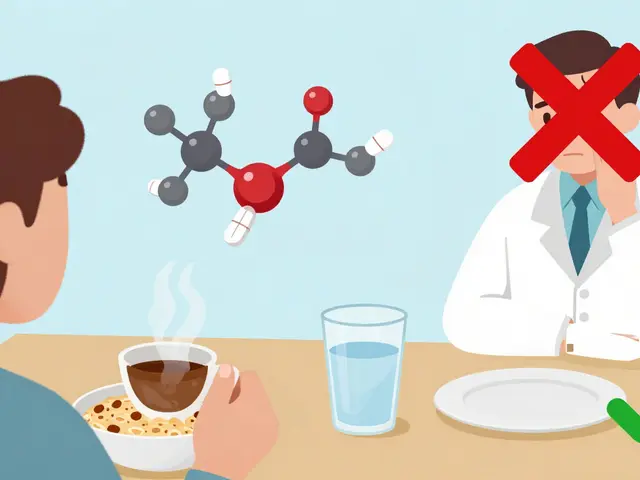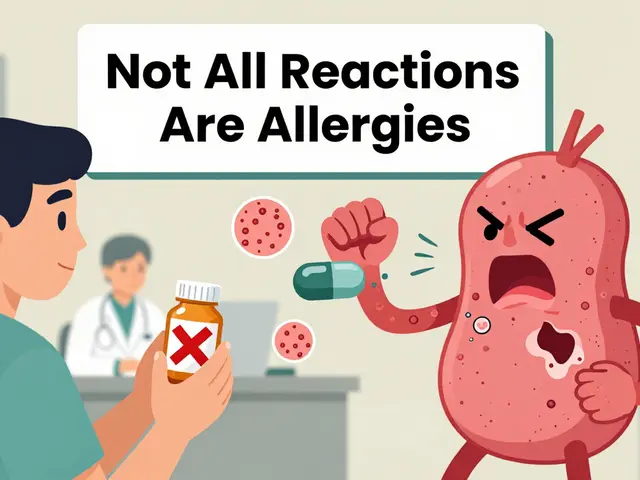Eicosapentaenoic Acid (EPA): Quick Guide
If you’ve heard the buzz around omega‑3s, EPA is probably the name that pops up most often. It’s a long‑chain fatty acid that lives in fish oil, krill, and a few plant sources. Unlike some fancy health jargon, EPA’s role is pretty straightforward – it helps calm inflammation, supports heart health, and can even lift your mood a bit.
Why EPA matters
First off, EPA is a natural anti‑inflammatory agent. When your body’s inflammation spikes – think sore joints, itchy skin, or even occasional headaches – EPA steps in to tone it down. Studies show that people who take EPA regularly often see lower triglyceride levels and a modest drop in blood pressure. That’s why doctors love recommending it for cardiovascular risk reduction.
Beyond the heart, EPA also plays a part in brain chemistry. It can boost the production of certain neurotransmitters that help you feel calmer and more focused. If you’ve ever tried a fish‑oil supplement for mood swings, the EPA component is probably doing most of the work.
How to get EPA safely
Most of the EPA you’ll consume comes from fatty fish like salmon, mackerel, sardines, and anchovies. A 3‑ounce serving of cooked salmon usually provides about 500‑700 mg of EPA. If you’re not a fan of fish, look for high‑quality fish‑oil capsules that list the EPA amount on the label – aim for 250‑500 mg per day for general health.
When you shop for supplements, pick brands that use molecular‑distillation to strip out contaminants like PCBs and mercury. Third‑party testing seals (USP, NSF) are good indicators of purity. Avoid “mega‑doses” unless a doctor has told you to; extremely high EPA can thin your blood too much, raising bleed‑risk for people on anticoagulants.
Do you need to worry about interactions? If you’re on blood thinners, anti‑platelet drugs, or high‑dose NSAIDs, talk to your healthcare provider before adding EPA. It can amplify bleeding tendencies. Otherwise, EPA plays nicely with most vitamins and minerals.
For vegetarians, algae‑derived EPA is an emerging option. It’s more expensive than fish oil but offers a clean, plant‑based source without the fishy aftertaste.
Bottom line: EPA is a simple, evidence‑backed nutrient that can support heart, brain, and joint health when you take it the right way. Grab a few servings of oily fish each week, or choose a reputable supplement, and you’ll be covering the basics without overcomplicating things.
Explore the hype (and science) behind eicosapentaenoic acid (EPA), its powerful health effects, food sources, and what to know before you try an EPA supplement.


